Lisa, having written grants myself and served as a grants judge for the Wisconsin Department of Public Instruction, this writer can tell you that grants writing is political and requires a form of lobbying. For instance, the most important part of grant writing is having the decision group, decision judge actually read the grant. Therefore, it is important to make sure that the person screening the incoming grants does not park yours in the wrong pile. You want somebody on the grants committee to ask, "Where is the grant from Southwest Wisconsin Library System (for which I personally raised $250,000 in startup funds to drive a $1-million IT upgrade project)? Having the decision makers review the grant is half of the battle. This means you need somebody on the foundation board who will say, "Oh, by the way, where is the grant from Southwest Wisconsin Library System?" What we want is a hearing. The clerical gatekeeper may or may not pass your grant to the actual decision-maker levels. The politics of the process is knowing somebody on the committee who will ask the others to give you a hearing. Notice, we are not bribing anybody here. We just are working the system to make sure we in fact just get a hearing, for if we get a hearing, we are confident that our cause warrnats funding. So good grant writing is highly political and involves lobbying if the persons doing the grant submissions know their business. My brother-in-law is a professioinal grant writier for an Indian tribe. The tribe makes sure to send him to Washington, D.C. to personally meet each of the clerical gatekeepers and as many of the decision committee members as possible. He is not there to bribe, threaten or cut deals. He is simply there so build a good relationship with the power structure, and in marketing we know that to sell we must first establish rapport with our customer. FYI, I have a personal friend who was head of the Bureau of Indian Affairs in the Department of the Interior in Washington, D.C. She quit because it was risky to life and limb. Often she had to travel to trouble spots where tension between Indians and others flared. She literally had to fear for her life at times when she got out of the plane at the airport. She told me this herself. She returned to academics.
Friday, April 26, 2013
Subscribe to:
Post Comments (Atom)





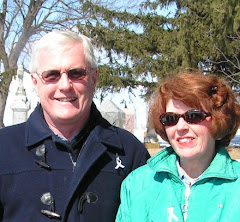



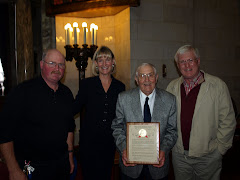

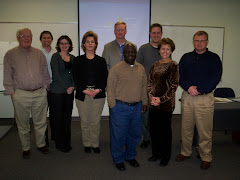
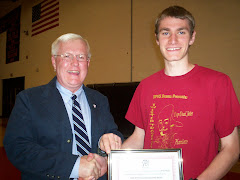
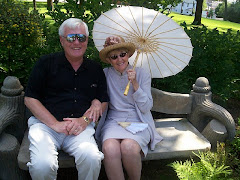

No comments:
Post a Comment